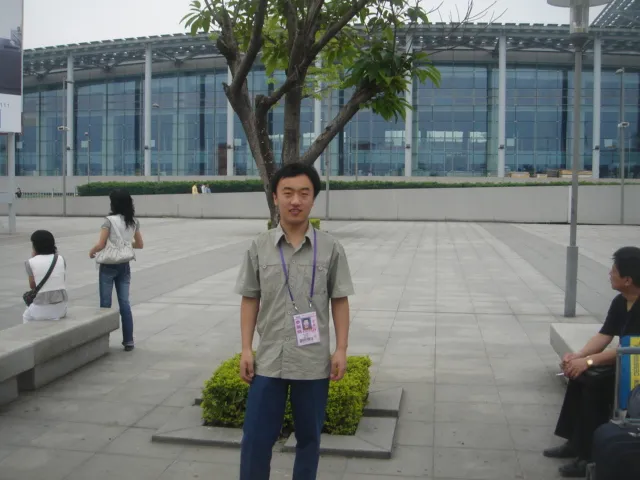szept . 02, 2024 05:43 Back to list
Gabion Box Retaining Wall
Gabion Box Retaining Walls A Sustainable Solution for Erosion Control
Gabion box retaining walls are increasingly gaining popularity in civil engineering and landscaping for their robust structure and eco-friendly attributes. Made from galvanized steel wire mesh filled with rocks, stones, or other materials, these walls offer significant advantages over traditional retaining walls.
One of the key benefits of gabion walls is their ability to manage soil erosion effectively. When constructed on slopes, they provide excellent stability by absorbing and dissipating the energy of falling water during rainstorms. This prevents soil from washing away, promoting sustainable landscaping and protecting property from damage. Additionally, the porous nature of gabions allows for natural drainage, reducing hydrostatic pressure behind the wall, which is a common failure point in conventional retaining walls.
Another advantage of gabion box retaining walls is their aesthetic appeal. They can be designed to blend seamlessly with the natural environment. The variety of stone materials allows for customization in terms of color, texture, and size, enabling designers to create visually pleasing structures that enhance the landscape. Over time, these walls can also attract vegetation growth, further integrating them into the surroundings and promoting biodiversity.
gabion box retaining wall

In terms of construction, gabion walls are relatively easy and quick to build. The modular design enables faster installation, which is particularly beneficial for projects with tight timelines. Furthermore, the materials used in gabion walls are often locally sourced, making them an economically viable option and reducing transportation costs. This local procurement also minimizes the carbon footprint associated with construction projects, aligning with sustainable development goals.
Maintenance of gabion walls is generally minimal compared to traditional concrete or brick walls. While they may require occasional inspections to ensure the integrity of the wire mesh and the fill material, they are less prone to cracking or damage from freeze-thaw cycles. This durability contributes to a longer lifespan, ultimately proving to be a cost-effective investment.
However, it is essential to consider local soil conditions and water drainage patterns before constructing gabion box retaining walls. Proper engineering and design are crucial to ensure they effectively address site-specific challenges. Consulting with professionals in landscape architecture and civil engineering can help achieve the optimal design tailored to the environment.
In summary, gabion box retaining walls offer a sustainable, aesthetically pleasing, and practical solution for erosion control and landscaping challenges. Their combination of functionality and beauty makes them an excellent choice for residential and commercial applications alike. As the demand for eco-friendly construction solutions continues to grow, gabion walls signify a forward-thinking approach to land management and infrastructure development.
-
The Power of Iron Wire: A Versatile Solution for Multiple Applications
NewsJun.19,2025
-
Reliable Hydraulic Fittings for Optimal Performance
NewsJun.19,2025
-
Quality Roofing Nails for Every Project
NewsJun.19,2025
-
Hexagonal Wire Mesh: Versatile and Durable Solutions for Every Project
NewsJun.19,2025
-
Enhancing Security with Barbed Wire Solutions
NewsJun.19,2025
-
Binding Wire: The Essential Material for a Variety of Applications
NewsJun.19,2025









